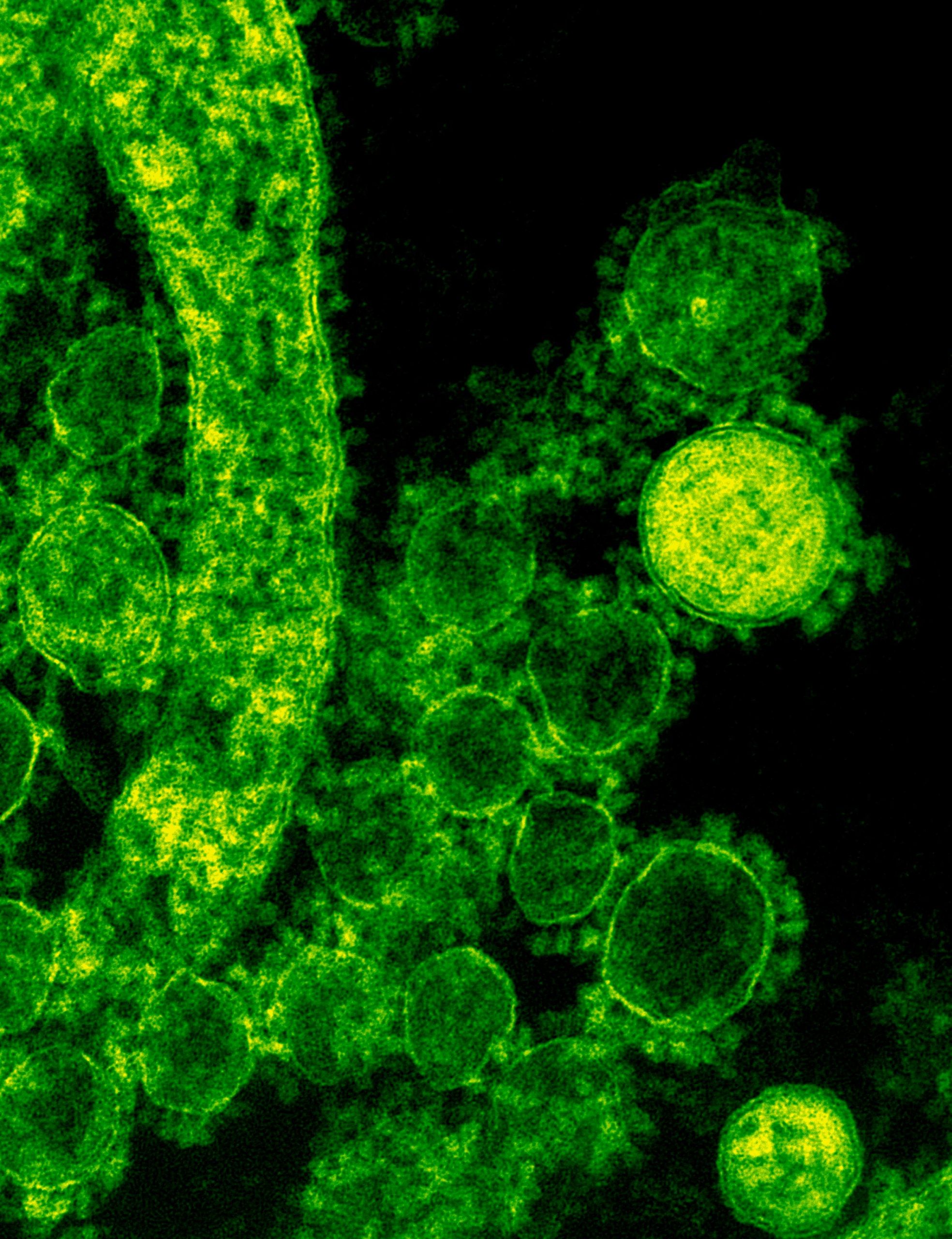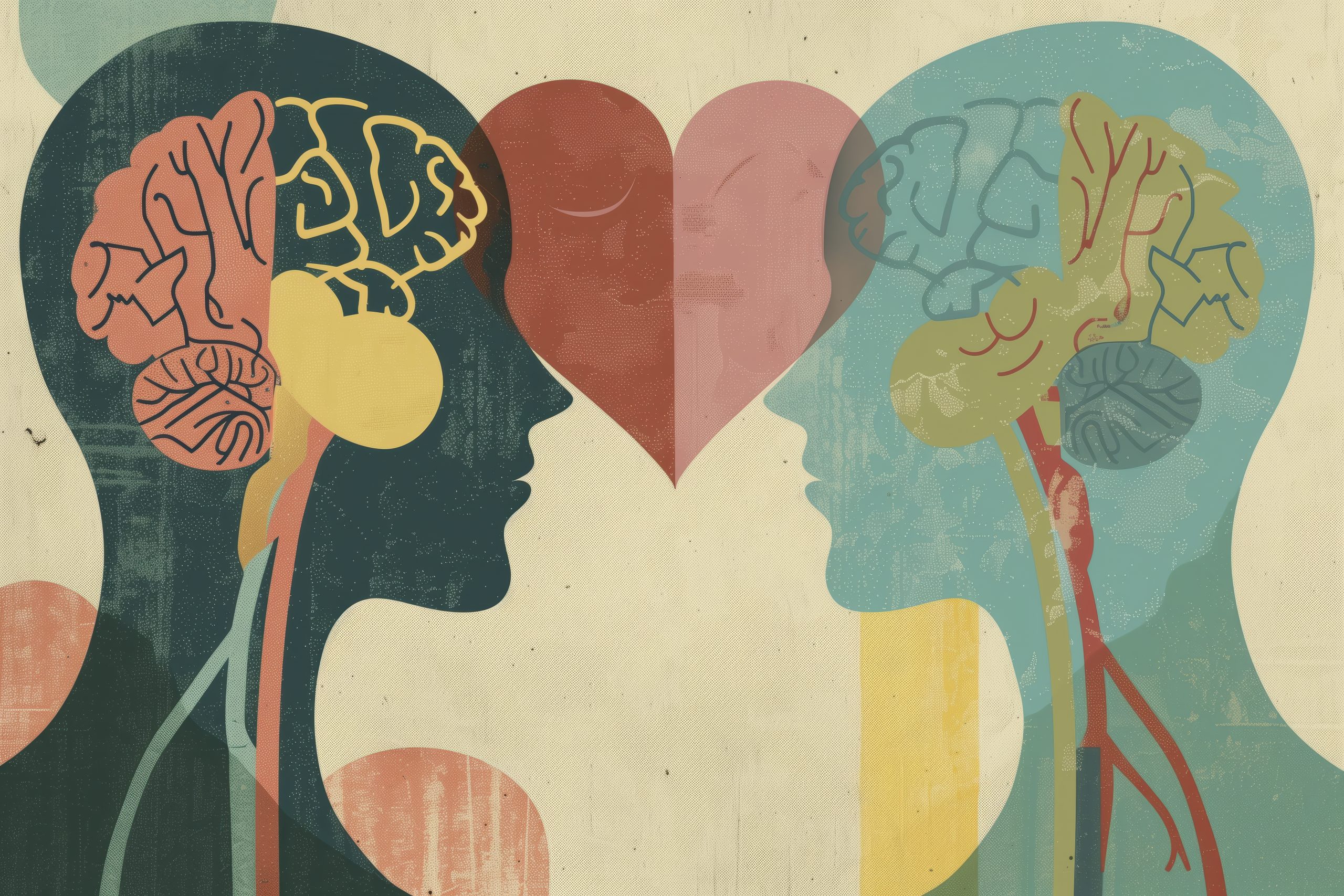
The Impact of Puberty on Children with Autism
Navigating the Changes with Care and Understanding
Puberty is a significant phase in any child’s life, marking the transition from childhood to adolescence. It is a time of rapid physical, emotional, and psychological changes. For children with autism, this transition can be particularly challenging, requiring a nuanced approach from parents, caregivers, and educators. Understanding the unique ways in which puberty impacts children with autism is crucial for providing the support they need.
Physical Changes
The onset of puberty brings about numerous physical changes, such as the development of secondary sexual characteristics, growth spurts, and changes in body composition. For children with autism, these changes can be confusing and distressing. Sensory sensitivities, common among autistic individuals, can make the physical changes of puberty more uncomfortable. For instance, increased body hair, changes in skin texture, and new bodily scents can be particularly overwhelming.
Managing Physical Discomfort
Parents and caregivers can help by acknowledging these sensory challenges and providing appropriate guidance. Introducing new hygiene routines gradually, using unscented personal care products, and allowing the child to choose comfortable clothing can ease the transition. Regular communication with healthcare providers can also ensure that any physical discomfort is promptly addressed.
Emotional and Psychological Changes
Puberty is accompanied by a surge in hormones, which can significantly affect mood and emotional stability. For children with autism, who may already struggle with emotional regulation, these hormonal changes can exacerbate anxiety, irritability, and mood swings. The increased social expectations that come with adolescence can also heighten feelings of isolation and frustration.
Supporting Emotional Well-being
Creating a supportive environment where the child feels safe to express their emotions is vital. Techniques such as visual aids, social stories, and role-playing can help children understand and manage their emotions. Encouraging participation in activities that promote relaxation and mindfulness, such as yoga or deep-breathing exercises, can also be beneficial.
Social Changes
During puberty, the social landscape becomes more complex, with greater emphasis on peer relationships and social norms. Children with autism may find it challenging to navigate these new social dynamics. Difficulties in understanding social cues, maintaining conversations, and forming friendships can lead to increased social anxiety and loneliness.
Fostering Social Skills
To support children in developing their social skills, parents and educators can provide structured opportunities for social interaction. Social skills groups, peer mentoring, and inclusive extracurricular activities can offer a safe space for practising social interactions. Additionally, teaching explicit social rules and providing gentle guidance in real-life social situations can help children feel more confident.
Sexual Development and Education
Puberty also brings about sexual development, which can be a sensitive topic for any child, but particularly for those with autism. Autistic children may have difficulty understanding the changes in their bodies and the concept of sexuality. Ensuring that they receive appropriate and accessible sexual education is essential.
Appropriate Sexual Education
Sexual education for children with autism should be clear, straightforward, and tailored to their level of understanding. Visual aids, simple language, and concrete examples can make the information more accessible. It is also important to address topics such as consent, personal boundaries, and appropriate social behaviour, providing a foundation for healthy and respectful relationships.
Family and Community Support
The role of family and community cannot be understated when it comes to supporting children with autism through puberty. Open communication within the family, involving the child in discussions, and validating their feelings can create a supportive home environment.
Community Resources
Accessing community resources, such as support groups, counselling services, and autism-specific organisations, can provide additional guidance and support. These resources can offer practical tips, emotional support, and a sense of community for both the child and their family.
Conclusion
Puberty is a complex and often challenging time for children with autism, but with the right support and understanding, it can also be a period of growth and development. By addressing the physical, emotional, social, and educational needs of these children, we can help them navigate this transition with confidence and resilience. Parents, caregivers, educators, and the broader community all play a vital role in ensuring that children with autism have the tools and support they need to thrive during puberty and beyond.



